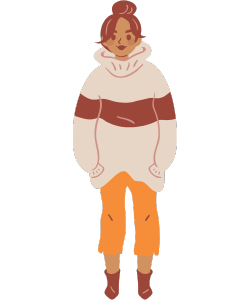Do you tend to grind or clench your teeth a lot during the day or at night? This is a condition technically known as bruxism, and it affects many people on a daily basis. While grinding and clenching may seem like a harmless habit, it can have big consequences for your teeth over time. Here is what you need to know about the dangers of bruxism.
Dental Damage
A main reason to be concerned about bruxism is dental damage. This happens because an excessive amount of force is put on your teeth, which wears down that protective layer of enamel. This eventually leads to chips, fractures, sensitivity, and tooth decay. You may need a restoration procedure in the future to fix it, such as bridges and crowns to protect that surface.
TMJ
Your body has a temporomandibular joint that connects the skull to the jawbone. Anyone that grinds or clenches their teeth is going to put unnecessary strain on this joint, which can lead to TMJ disorder. You'll feel a lot of discomfort in your facial muscles, headaches, and jaw pain. In some situations, it can even be difficult to close and open your mouth. In extreme cases, TMJ can cause problems with the ability to sleep, speak, and eat.
Gum Recession
Gum recession is a condition where the teeth pull away from the gums, which exposes the roots of your teeth that need protection. It not only affects the look of your smile, but can also cause you to experience a lot of pain and sensitivity. You may need a gum graft later in life to reverse the damage caused by bruxism.
Sleep Problems
It's important to consider how your bruxism may be affecting others. If you sleep in the same bed as another partner, nighttime grinding can actually be really disruptive. It can wake people up in the middle of the night, which causes a serious problem for others trying to get a good night's sleep. As for how bruxism affects you, you may develop issues like insomnia or sleep apnea as a result, which is not good for your sleep as well.
Facial Pain
All of that pressure on and around your face is going to lead to headaches and facial pain. It can extend beyond your jaw, and cause migraines and pain that radiates down from the neck and into other parts of the body. You will definitely want to explore ways to correct bruxism with your dentist to prevent the problem from getting to this point.
For more information, contact a family dentist near you.
Share
